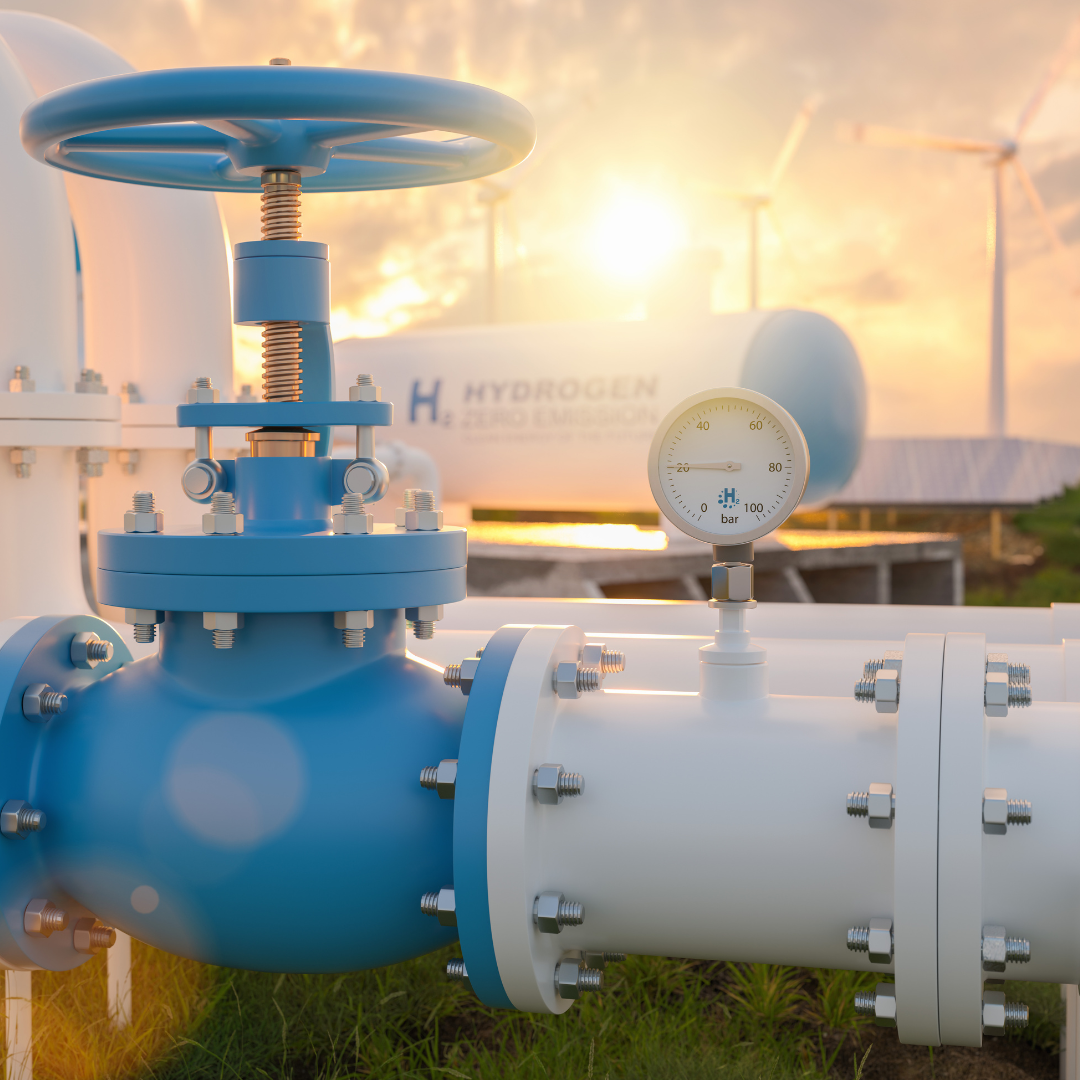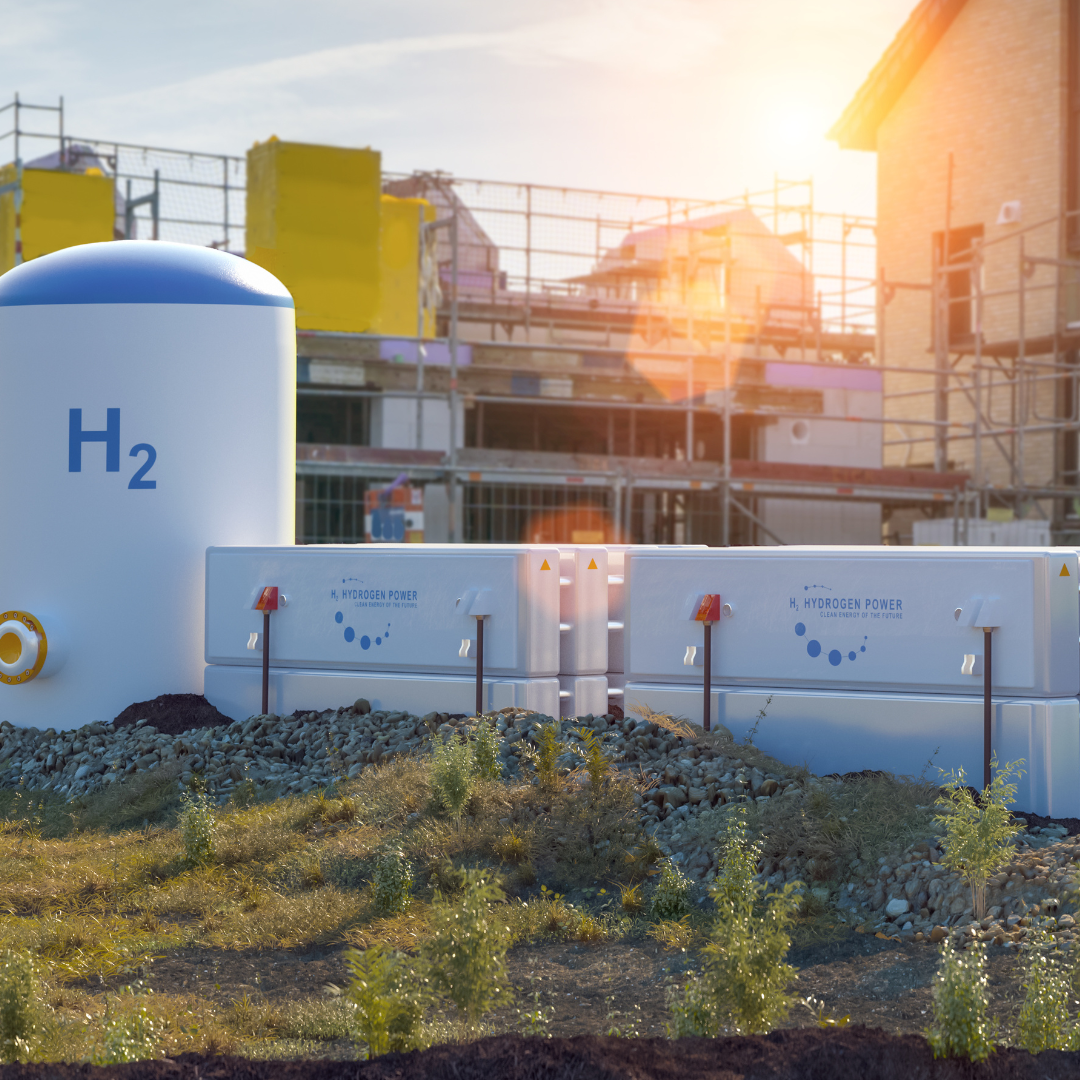Sectors
Decarbonisation and H2
Decarbonisation refers to the process of reducing or eliminating the emission of greenhouse gases, especially carbon dioxide (CO2), in energy production and other industrial sectors.
The aim of decarbonisation is to mitigate climate change and promote sustainable and environmentally friendly development.
It is the hydrogen produced from renewable energy sources, such as solar, wind or hydropower, through the electrolysis of water. Renewable hydrogen is presented as a promising alternative for the decarbonisation of the economy, as its use does not emit greenhouse gases and can replace fossil fuels in various economic sectors, especially in transport and industry.
The importance of renewable hydrogen lies in its ability to significantly reduce greenhouse gas emissions, as its use does not emit CO2 or other contaminating gases. Moreover, renewable hydrogen can be easily stored and transported, making it a versatile source of energy that can be used in a wide range of applications.


It is another way to reduce greenhouse gas emissions by substituting the use of fossil fuels, mainly for heat and electricity generation. Biomass decarbonisation is a sustainable, renewable and manageable alternative that is perfect for decarbonising industry as it can meet the availability criteria that other renewable sources cannot
At ASIGEN we are experts in analysing the client’s needs on a case-by-case basis to propose the best possible alternatives for decarbonising industrial processes.


